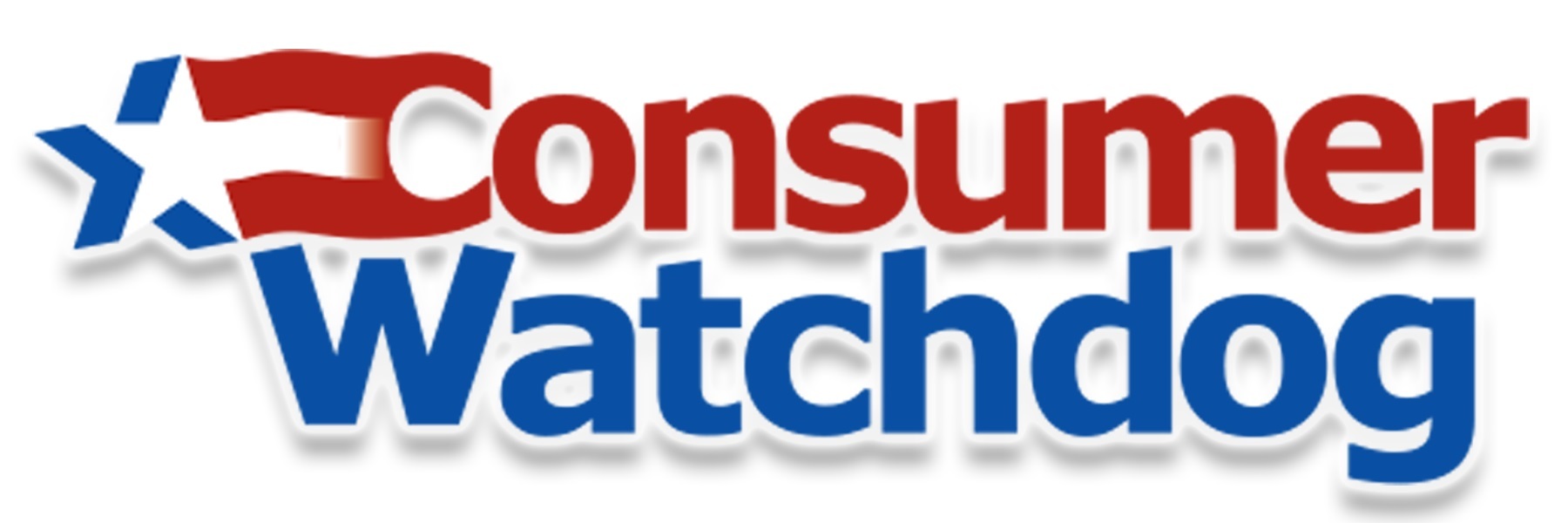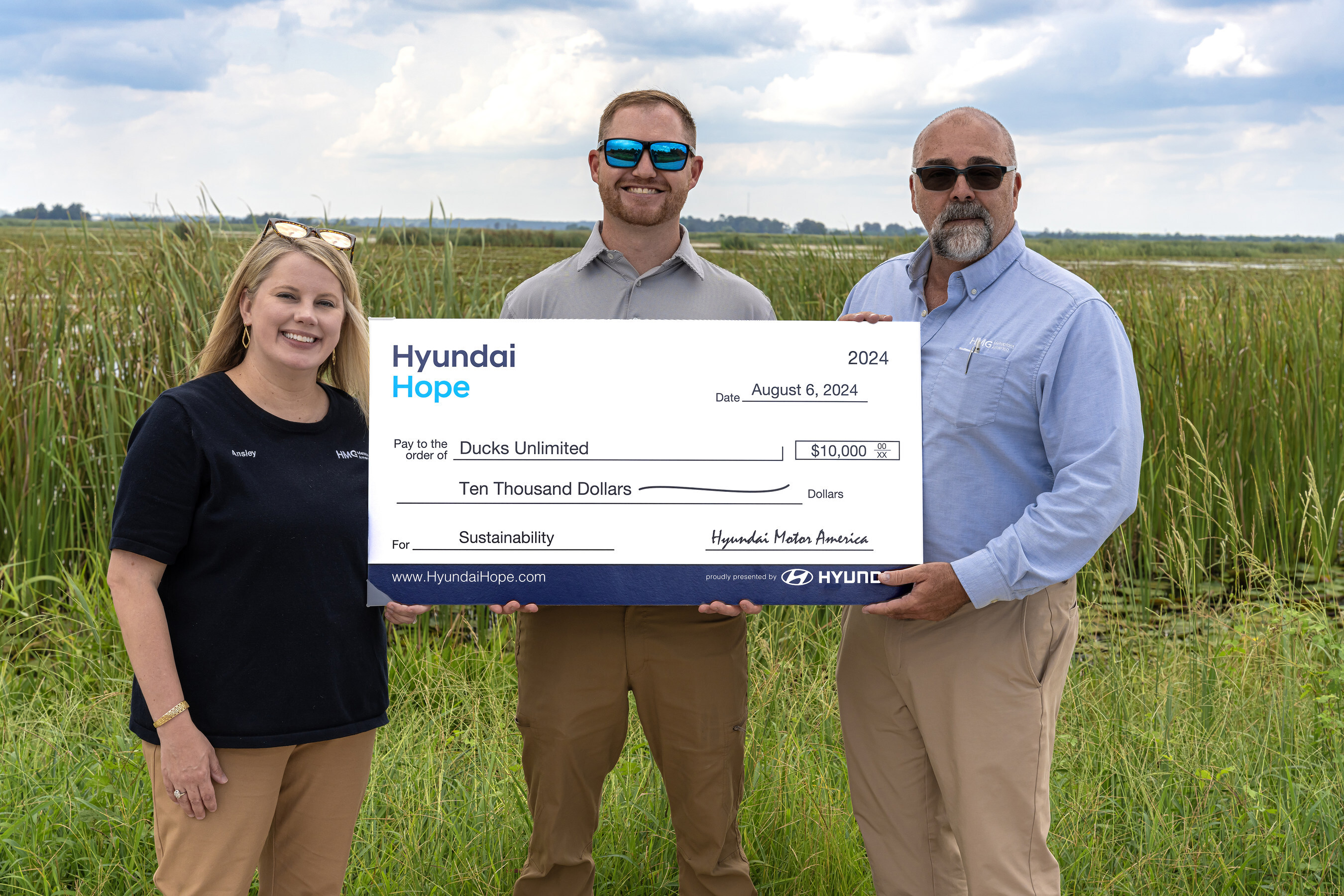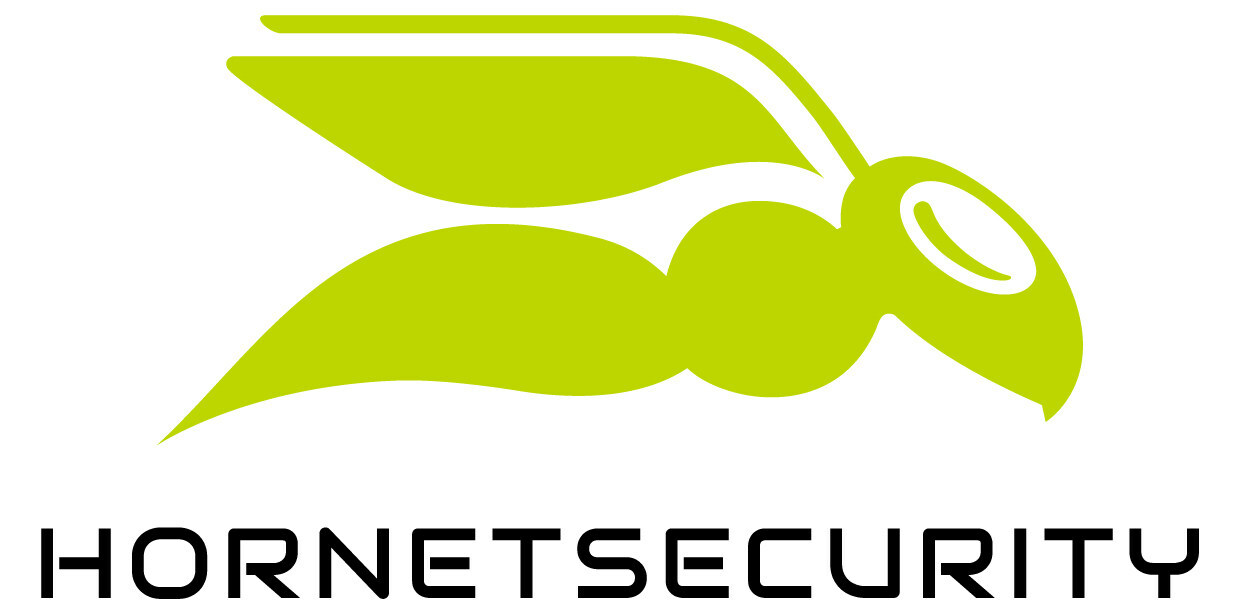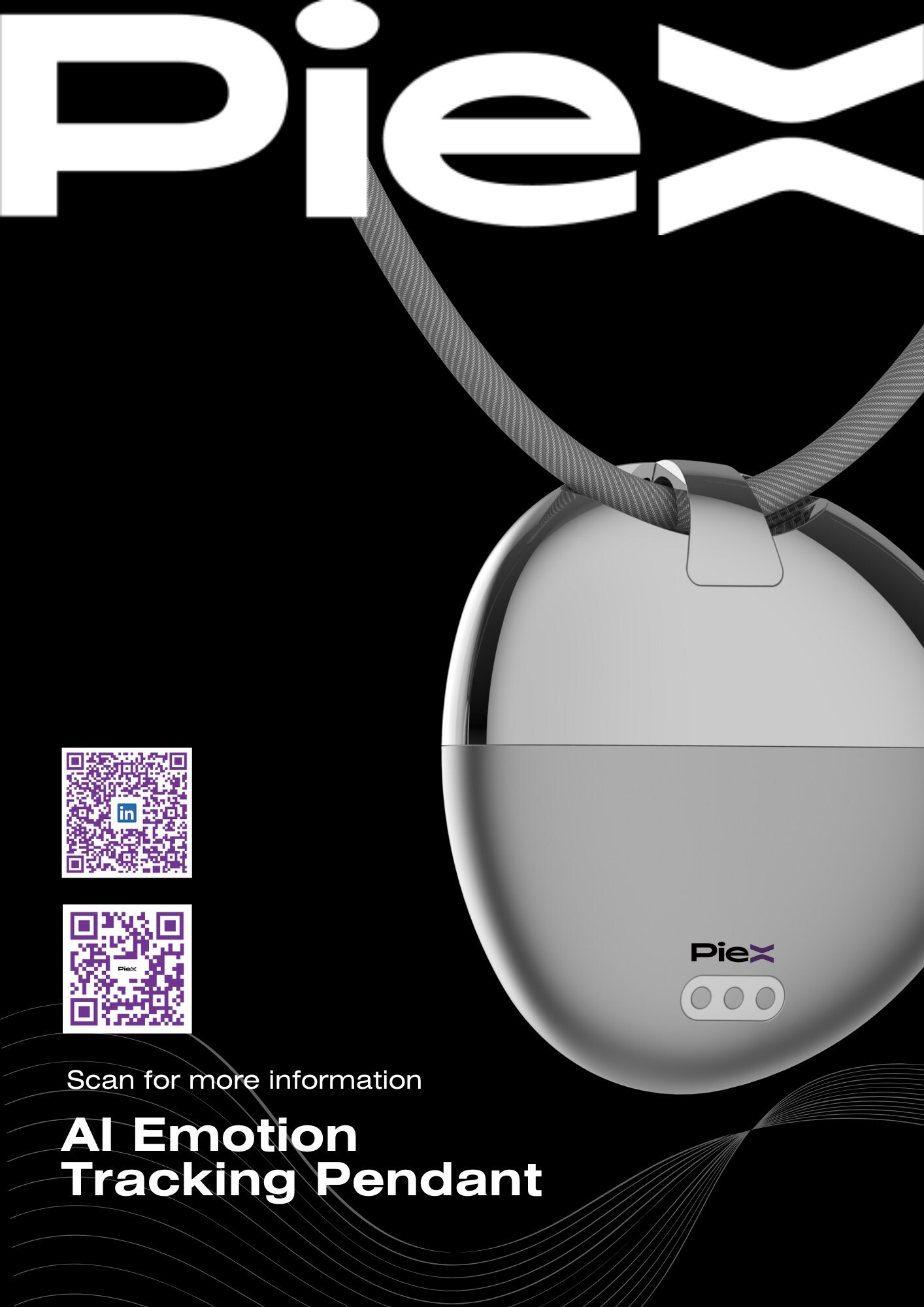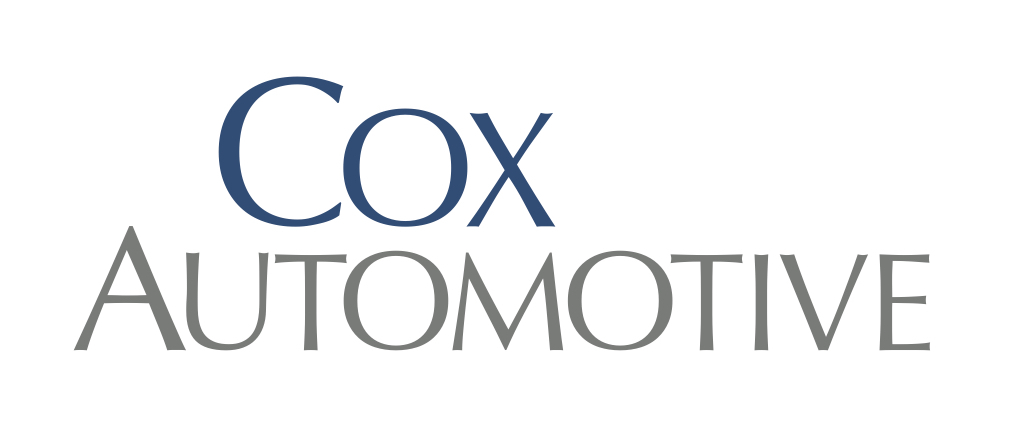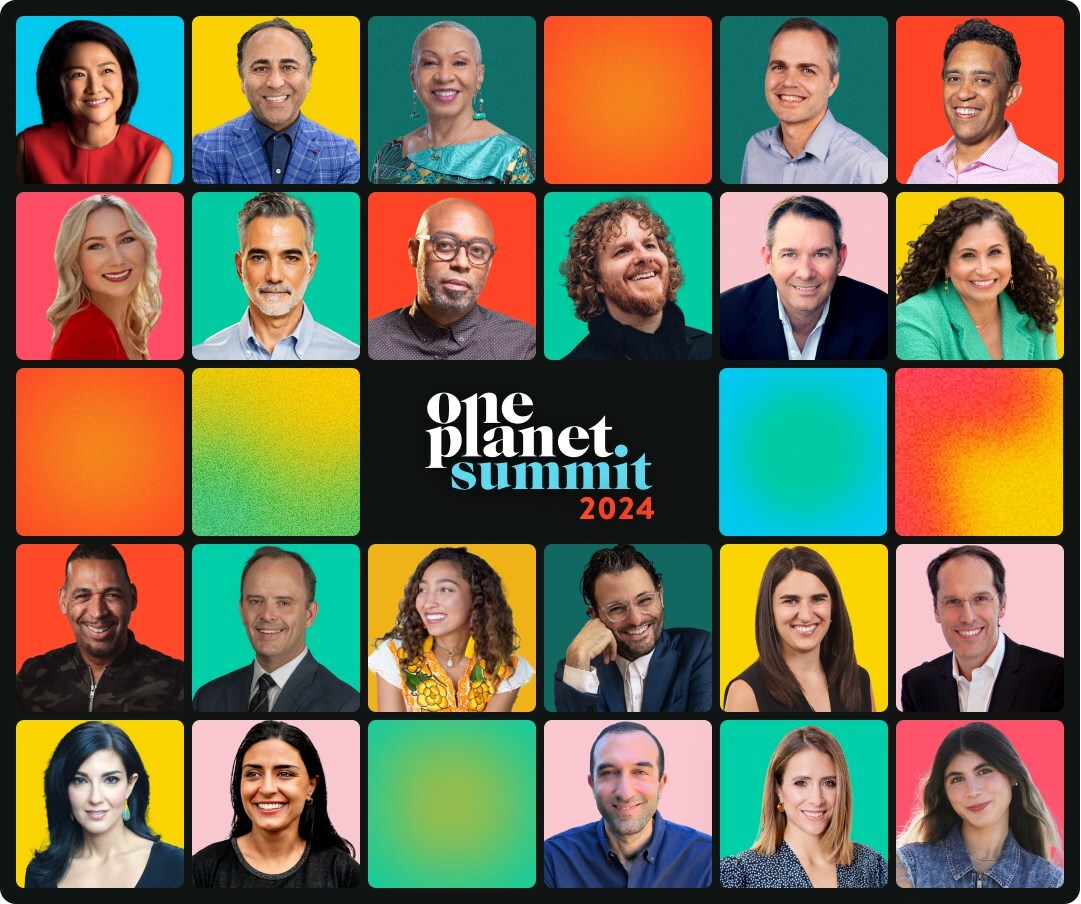LOS ANGELES, Dec. 17, 2024 -- Consumers this holiday season are likely charged different prices for the same product without even knowing it by companies surveilling them, warned Consumer Watchdog in a new report released today.
The report, "Surveillance Price Gouging," highlights known examples of the controversial practice known as surveillance pricing and provides a legislative framework for stopping it.
Corporations use surveillance to charge individualized prices based on a person's data and assumptions on their eagerness to pay for an item, in effect weaponizing their own data against them, said the nonprofit. This practice, which generally occurs in the e-commerce space and is not based on market forces such as supply and demand, is a way for companies to maximize profits, said the nonprofit.
For example, the Target app charged people $100 more for a t.v. when a person was in a Target parking lot versus when in another location because it appeared to determine people would pay higher prices the closer they were to the store. Over at Amazon, prices change over 2.5 million times a day, meaning the average cost of a product changes about every 10 minutes.
"As shoppers increasingly makes purchases in the silos of their own devices, companies can better conceal price gouging and get away with it," said Justin Kloczko, Consumer Watchdog's privacy advocate. "It's not like we're walking into Wal-Mart and shown different prices for an item that everyone can see. If that was the case, there would be riots on the streets."
Consumer Watchdog found the following examples of surveillance price gouging:
Orbitz: Orbitz learned that Mac users spend more money to stay at hotels and charged them more than non-Mac users.
Staples: Staples.com charged people more for the same stapler if they knew a person had fewer options, such as being near a competitor.
Target: Target charged people more when they were in a Target parking lot versus when they were in another location. Target determined people who are already in their parking lot were willing to pay more. For example, a t.v. on the Target app was priced at $499.99, but once the person entered the company's parking lot the price went up $100, to $599.99. Prices also spiked for an Apple Watch, a Shark vacuum, a child car seat, and a Dyson vacuum once people entered the store. The corporation was ultimately forced to pay $5 million in civil penalties and stop its geofence price switching.
The Princeton Review: The test prep company charged customers more money when found they lived in zip codes that contained a higher number of Asians.
Rideshare: People have reported being charged different Uber fares when using a corporate credit card over a personal credit card. In 2016, a data scientist at Uber said the company knew that people were more willing to pay a higher fare when their phone batteries were low. Uber has denied that it charges rides based on that. Uber and Lyft made statements that put into question whether it does indeed use surveillance pricing. Both companies said they calculate fares based on "trip purposes."
Studies show that poorer people are charged more. A study of broadband internet offers to 1.1 million residential addresses showed the worst deals given to the poorest people. Lower-income people also pay higher prices for food, and a lower credit score means higher prices given to consumers of many products.
At the same time, corporate consultants are telling clients that surveillance pricing is the way forward. "Personalized pricing strategies, once considered a futuristic concept, have become a cornerstone of modern business strategy," said the Cortado Group. McKinsey said, "Our experience shows that such transformations, when done well, can enhance pricing to generate two to seven percentage points of sustained margin improvement with initial benefits in as little as three to six months."
Depending on several factors, surveillance pricing could violate deceptive practices and unfair competition laws, but it's difficult to spot, said Consumer Watchdog. On the privacy side, state data privacy laws don't adequately address the issue either. Consumer Watchdog called for a law explicitly protecting consumers from surveillance price gouging.
"There needs to be a right to standard pricing and safeguards against surveillance pricing," said Kloczko. "Without transparency, we don't know how far surveillance pricing goes."
Consumer Watchdog recommends the following legal framework:
- Businesses must provide a notice to consumers on their websites or during checkout that informs them if personal data, and what kind of data, is being used to generate prices.
- Businesses shall be barred from using personal data, such as geolocation, purchasing history and IP address, when setting or adjusting prices without first notifying consumers.
- Consumers shall have the right to "Standard Pricing," defined as the price that would have been offered if no personal data was used in generating the price.
- Attach a financial penalty to businesses that violate the law.
This News is brought to you by Qube Mark, your trusted source for the latest updates and insights in marketing technology. Stay tuned for more groundbreaking innovations in the world of technology.

